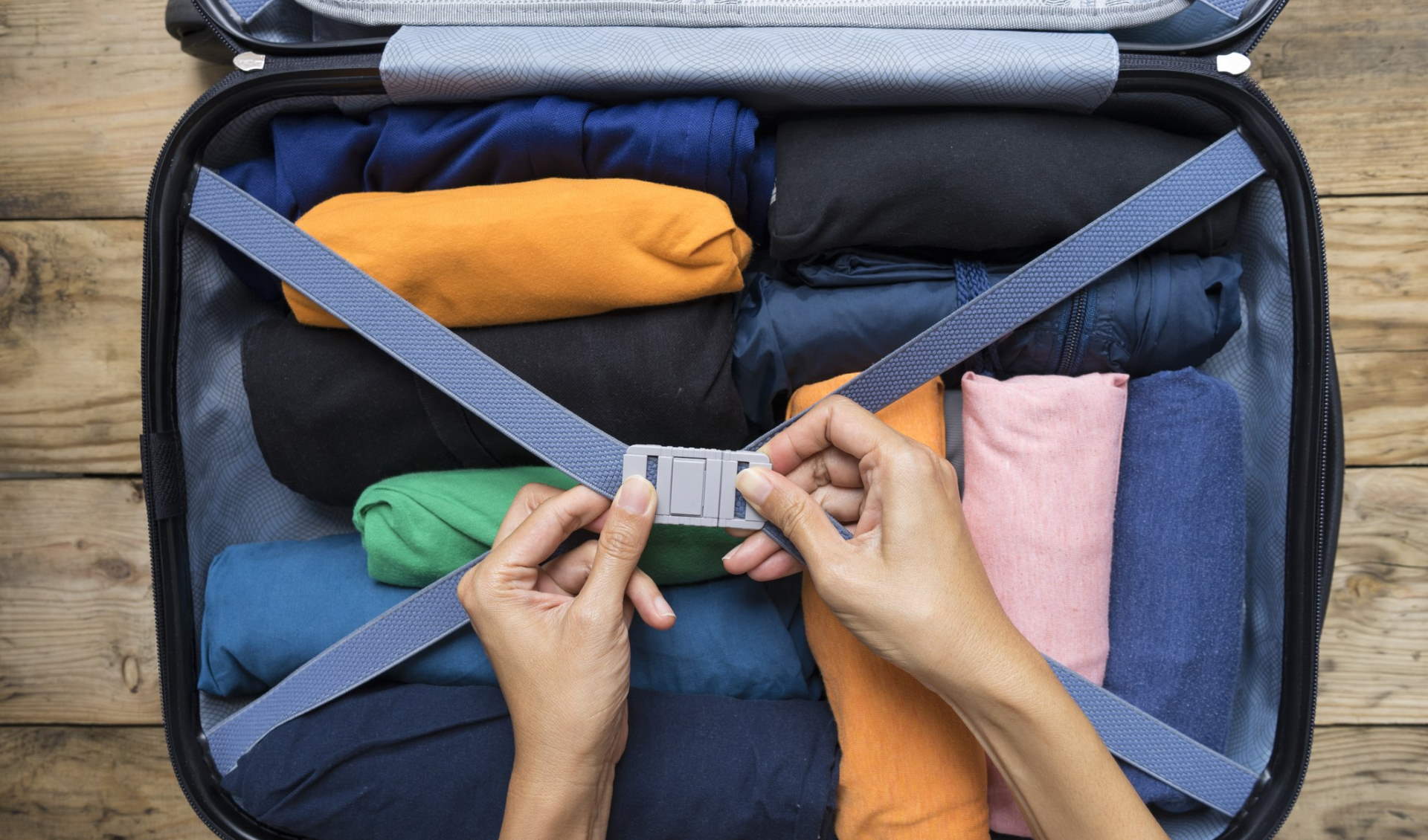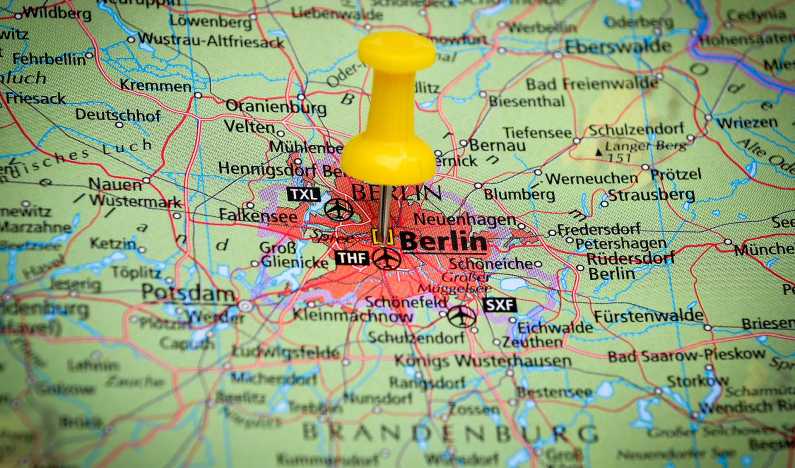Germany, especially its capital Berlin, is a popular tourist destination. Visitors come at all times of the year. But to make the trip as enjoyable as possible, it is important to prepare properly and only take the essentials with you. Kidpassage has sorted this out to help visitors to the German capital pack the right luggage for their trip.
Contents
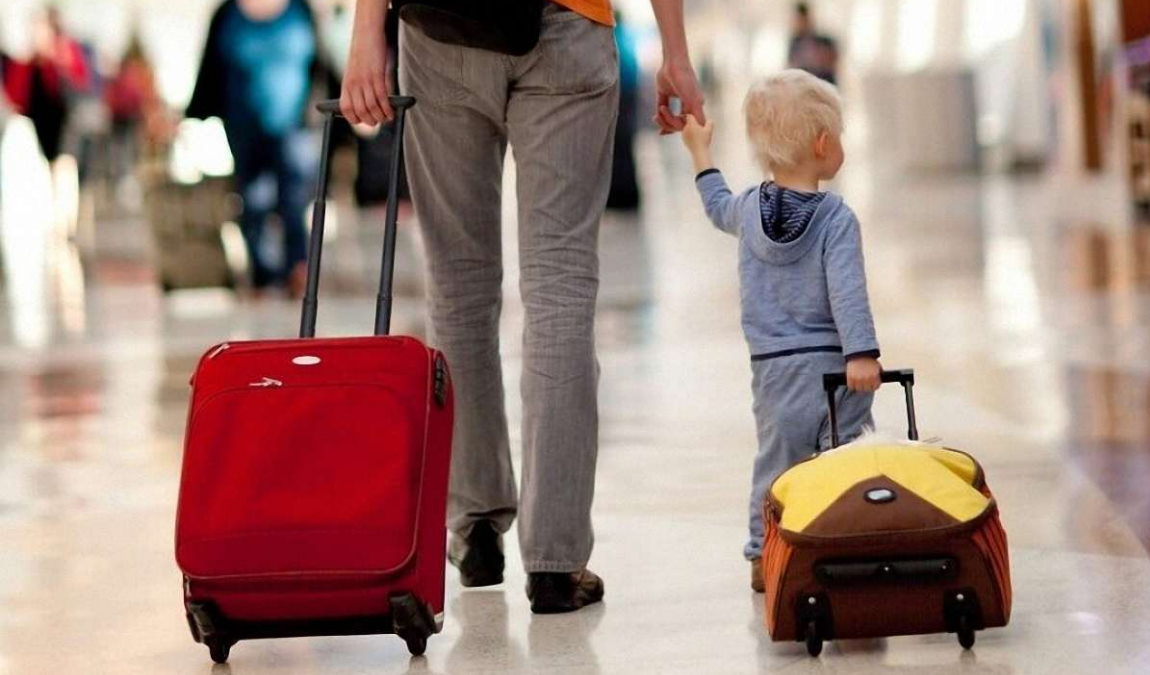
Papers, money, documents
Documents are one of the most important items in putting everything together. You have to understand that the purpose of the trip is Germany, where people are used to being strict and precise. So, Custom and Border guards can be picky about even the smallest things.
Therefore, the preparation of important papers should be treated with the utmost responsibility. It is desirable to scan the collected package of documents and take electronic copies with you. You may also take regular copies of documents with you.
What should you take to Berlin? You should pack the following for your trip:
- Passports for all family members, ID cards, EU social security / health care ID card (for EU citizens, optional)
- Child's birth certificate (you may be asked to show this at the border).
- Visa. For citizens of countries without a visa-free regime with the European Union.
- Flight tickets.
- If the child is not travelling with their parents, they will need notarised parental consent.
- Proof of accommodation in Berlin. For example, a hotel reservation or a voucher.
- Health insurance.
- People who cross the border in their own vehicle must be prepared to show a driving licence and a vehicle registration document. A green card will also have to be issued.
- Return air tickets if you plan to travel by plane.
- Money and bank cards.
What medicines can you take to Berlin?
Regardless of the length of your trip, don't forget to take medication to Berlin — a kit of everything you need in case you fall ill or are slightly ill.
In Berlin it will not be easy to buy certain medications: most of them are strictly prescription-only in pharmacies.
Make sure you have the following medicines in your first aid kit:
- antipyretics;
- cough and throat remedies — sprays, syrups or tablets;
- antispasmodics in case of stomach aches;
- nasal drops, vasoconstrictor drops to help you breathe;
- medicines for diarrhoea;
- anti-sickness medication and anti-nausea medication. These are very important medicines for your baby;
- antihistamines — for allergic reactions;
- sunburn medication and ointment for normal burns;
- insect repellent — for treating insect bites
- antiseptic — for treating minor wounds and cuts;
- ear drops in case of inflammation;
- a thermometer;
- sorbents, e.g. activated charcoal;
- individual medicines for chronic illnesses;
- bactericidal plaster, a band-aid and an elastic bandage.

If you need to take narcotic and/or psychotropic medication, you cannot bring it with you to Berlin. In this case, we recommend that you obtain a prescription for them and buy them locally.
Accessories
Getting the essentials you need is no problem in Berlin, as it is in the rest of Germany. There are plenty of shops and supermarkets in the capital that are open 6 days a week (Sundays off) from 9am to 6pm or 8pm.
You can also shop at convenience stores (usually small) and petrol stations.
Although you can buy everything you need on arrival, it is advisable to buy important items for young children, especially babies, before you leave. Especially if the trip will be a long one.
In such cases, it is advisable to take the following items with you:
- nappies. Take a small amount in your hand luggage and the rest in your carry-on;
- if you are planning to visit swimming pools or water parks, it is a good idea to take nappies for bathing;
- wet wipes, preferably in a large pack;
- a nappy to change into;
- shampoo, soap and a comb;
- sunscreen;
- baby potty (preferably a travel potty);
- if you are travelling in winter, baby face cream;
- baby food, dummy if needed;
- a stroller if you plan to go for long walks in the city.
For older children, it is sufficient to prepare wet wipes, hygiene products and baby care cosmetics.
Toys for travelling
Depending on their age, children may be attracted to different toys. It is advisable to let the child choose which toys to take. But make sure you control the number of toys.
Your child will not have much time to be bored during the trip. New experiences and encounters, as well as interesting excursions, will keep them entertained. The Kidpassage has lots of ideas for fun things to do in Berlin. If you're not travelling — by plane, airport or car — you'll need something to keep your children entertained.
In these situations, you can prepare a tablet or laptop in advance by installing interesting educational games or cartoons on it.
During stops, you can let your child draw in a sketchbook or notebook, or colour in a colouring book with markers. You can also play a street game.
Food
Buying baby food in Berlin is not a problem. Berlin's shops and pharmacies offer a wide range of high-quality, modern branded baby products in the form of baby food and infant formula.
However, you should take some with you when you travel. This is especially important for children who are on formula or require special foods.

There's no need to bring dairy products from home and it's illegal to do so. In Germany, all dairy products are of excellent quality — your child will love the local yoghurts with fruit and cheese.
If you are travelling with a pre-school or school-age child, you can give him or her a taste of some of the traditional German cuisine, from soups and sausages to desserts. The main thing is not to overdo it, as large quantities can be bad for children's stomachs.
Clothing
Travel clothing should be chosen according to the time of year you will be travelling. Don't take a lot of clothes, just enough for a week, ten days at the most, and make sure you can do the laundry beforehand.
In the winter season, a child's list of things to wear should include:
- pyjamas;
- underwear and socks;
- a warm woollen jumper or fleece;
- warm trousers, trousers or overalls;
- gloves, scarf and hat;
- winter boots or boots. The shoes have to be comfortable and well-worn otherwise they might be uncomfortable, especially on long hikes;
- an overcoat or winter jacket;
- swimming trunks or swimming costumes for indoor water parks.
In summer, pack the following items in your suitcase:
- underwear and socks;
- swimwear/bathing suits (there are about 40 official beaches in Berlin);
- sportswear;
- windbreaker, sweatshirt for evening out;
- headwear, e.g. a cap, hat or panama hat;
- pyjamas;
- shoes for the beach and shoes for long walks
In autumn or spring, you should focus on demi-seasonal clothing.
What currency is used in Berlin?
What money it's better take to Berlin? The currency used in Germany is the euro. It is advisable to change it at home. You can also exchange your money for euros in Berlin: local banks are open from 8am to 5pm.
It's a good idea to keep most of your money on cards: it's much easier and safer. And in Berlin, you can pay for almost any service or product with Visa and MasterCard.
Please note! Immigration officials in Germany often check that tourists have enough money.
How much money should you take? It is important to calculate in advance how much money you will need for your trip. In addition to how much you must show at the border, you will need to take into account all possible expenses.
It is advisable to calculate how much you will be required for accommodation and food (if the trip is not part of a package or the package does not include food).
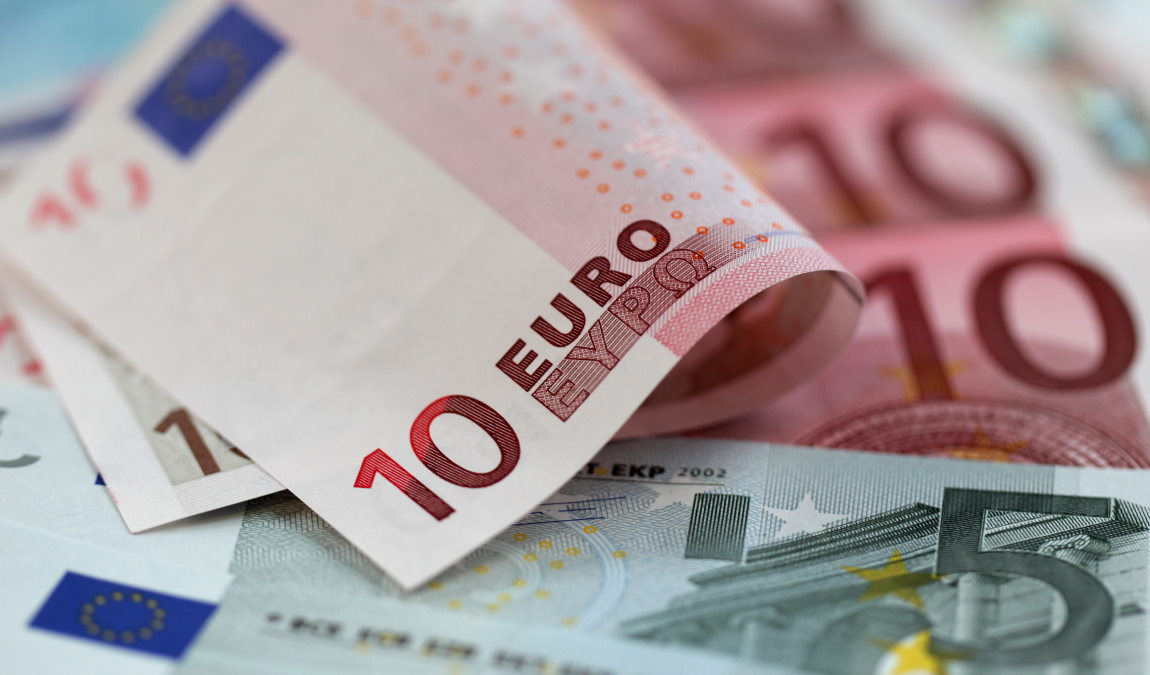
You should also include excursions, souvenirs, public transport or car rental costs in your calculation.
Miscellaneous
A camera is an optional extra. In Berlin, as in the rest of Germany, there are many beautiful sights. It's a good idea to stock up on extra batteries and memory cards so that you don't miss a spectacular shot when you need one. To ensure that all your equipment can be switched on and charged in time, bring also adapters for European sockets.
Please note! If you speak German poorly or not at all, it is advisable to bring a phrasebook or download an online translator to your phone.
How not to overload your suitcase
Before you start packing, it is important to check the list again and think about whether a particular item is worth taking?
It is very common for travellers to take things with them that lie dead in their bags for the rest of the trip.
It is important to understand that many things can be bought locally and are not necessarily more expensive than at home, or vice versa.
Here's a short list of things you shouldn't take to Berlin in large quantities:
- Household goods. You can find as much of it as you like on the shelves of Berlin's shops. And it's likely to be of better quality than anything you could buy back home.
- Nappies. You'll need these on the road, but don't take too many, just enough for the journey and the first few days. You can always buy more at the nearest shop on arrival.
- Baby food. The situation is the same as with nappies: you can buy baby food on arrival. Take as much as you need for the trip. However, if your child has a special dietary requirement (for example, if he or she is allergic to some common products), it is advisable to stock up on special products for the duration of the trip.
What can not be brought to Berlin
When considering what to bring to Berlin, you should be aware that some items are strictly forbidden. Attempting to bring in items that are prohibited by law will only lead to trouble. Obviously, you should not carry drugs or weapons of any kind, not even edged weapons in the form of a simple knife or an ordinary pepper spray for self-defence.
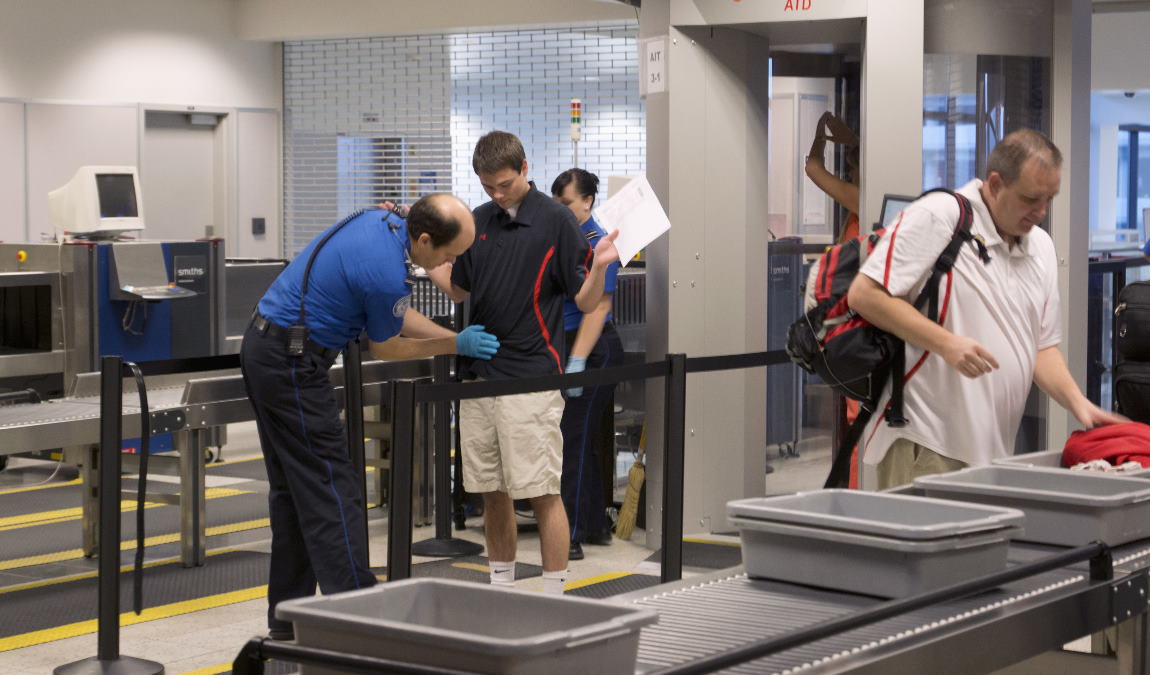
The situation in the country is calm and there's no need for such things. But there are some things you might not think of banning:
- food — meat, milk and dairy products, chocolate, sausages and preserves. Only special products for children or dietary products are allowed. However, there is a weight limit of 2 kilograms;
- medicines — unless licensed;
- pyrotechnic articles;
- goods that infringe the rights of official trademarks, i.e. counterfeit goods;
It is important to prepare well for any long trip. Travelling to Berlin is no exception. It is necessary to think not only about what to take with you on your holiday to Berlin, but also about the opposite — not to take anything unnecessary or even forbidden. All this will ensure the most comfortable and relaxing trip.



